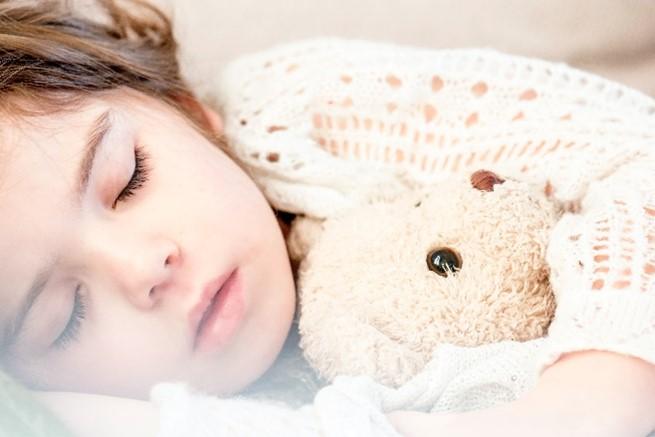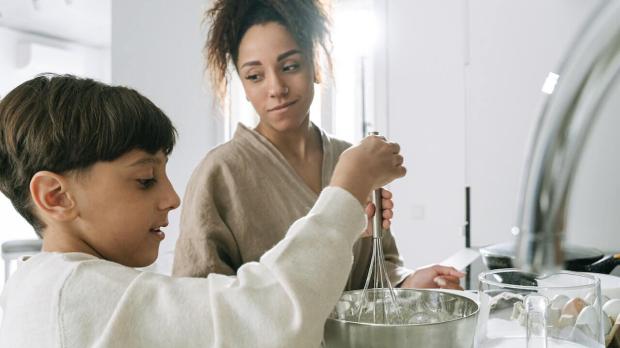Often when people think about ‘healthy lifestyles’ we think it means eating a healthy diet and exercising! However, it is far more than that.
Your wellbeing is affected by many factors including access to education, housing, and employment, as well as your physical and emotional health, diet, and social connections. Living a healthy lifestyle is often influenced by these factors, but these factors do not need to be a barrier to having a positive outlook on life.
Toddlers need input from their parents to feel secure, to thrive and develop. By reducing sources of stress, strengthening core life skills, and building strong relationships, you are supporting your child to have the best start in life.
You do not always have a choice in where you live and how you were educated, but you can have aspirations for your child to enjoy life to the full. The long term goal as a parent is to ensure your toddler grows in to a physically healthy adult, who is emotionally secure, confident and reaches their full and unique potential, whatever that might be.
The more you can support your child in their early years, the more this will have a positive impact on them in later life. If your child feels safe and secure from an early age then they are more likely to grow in confidence.
Supporting your toddler in achieving a healthy lifestyle
Responsive relationships
You can build responsive relationships with your child by taking time to show an interest, talk, and listen to your child without any distractions. Your child will naturally seek to communicate with you and gain your attention, but as parents there are often lots things competing for your time, from other family members to notifications on phones. It is important you find time to listen. If you give your child attention for the positive things they do, you will be encouraging more of that behaviour.
Education and developing life skills
You can strengthen your child’s core life skills by reading and sharing books with your child; this is a great way to develop their language skills. It builds their concentration and encourages their thirst for knowledge, as well as providing an opportunity to spend one to one time with them.
Early education either in the home or from other settings like Children’s Centres or nurseries can support your child with both their thinking and social skills. Your child is learning new things every day by what they hear, see, do, and how they are responding to it. Parents can be great teachers, and although sometimes hard work, it is very rewarding to see your child develop.
You can support your toddler to develop problem solving skills. This is a key skill needed at all stages of life. When children are young it is often easier for you to do things for them, and you often do this without even thinking about it, for example: you can choose what they wear, or what they eat each day.
To help and support your child to grow in confidence you can help them to problem solve from an early age through their play. You shouldn’t expect your child to know how to do things though when it is a new challenge or activity. If they haven’t been shown before how to do something, how would they know what to do? Remember, you are their role models, so by asking certain questions when you are involved in an activity, you are helping your child learn to problem solve.
For example – If you have a garden or indoor plants, you could ask your child ‘how are we going to give them a drink of water today?’ They can then suggest different containers or a hose pipe to transport the water. If they can’t think of anything, you can say ‘How about we try this?’ If it is something with holes in you can explain that it won’t work as the water will pour out.
Emotional wellbeing
You can reduce sources of stress for your child, by encouraging them to talk about their feelings, and by giving them the words to match their emotions. However, try not to pass on your own worries or concerns in great detail. If you do this it can make children anxious and worried on your behalf; only share what is age appropriate.
You can help your child to have high self-esteem by giving them praise and encouragement for their efforts and successes. Praise is a magic ingredient and everyone in the home can benefit from using it more.
Exercise
It is recommended that toddlers should be physically active every day for at least 180 minutes. This should be spread throughout the day, and could include playing in an appropriate outdoor space. The 180 minutes can include fun activities such as standing up, moving around, rolling and playing, as well as more energetic activities like skipping, hopping, running and jumping. Active play, such as using a climbing frame, ride on toys, playing in water, chasing games and ball games, is the best way for toddlers to get moving.
There are lots of activity ideas at the NHS Start 4 Life website.
Healthy eating
As parents, you can get very anxious about feeding your child. If you are nervous this will make your child feel there is a reason to be worried and in turn make them uneasy. Involving toddlers from an early age in the food they eat, and offering them a variety of food types, will introduce them to different tastes and textures.
A healthy diet that includes all food types and not too big a portion size will enable your child to decide what they like. Your child will need to try a taste many times before it becomes familiar, so don’t give up after one rejection!
Find out more here in our healthy eating pages or on the NHS Start 4 Life website.
Sleep
Your toddler needs an average of 11-12 hours of sleep at night plus a daytime nap of 90 minutes – but don’t worry if it’s a little bit more, or a little bit less. Sleep helps your toddler to develop, ready for the day. They will be mentally alert, aware of their senses and able to process information.

Sleep helps the body restore itself by:
- Allowing blood to the developing muscles
- Supporting vital hormones released for growth
- Enabling white blood cells to support the immune system
As you can see a healthy lifestyle is a combination of many things which you can support. There is no parent manual but there is help and support for you and your child each step of your amazing journey.
Your toddler’s bedtime routine could include:
- Giving your toddler a bath
- Cleaning their teeth
- Changing them into their night clothes
- Reading them a bedtime story
- Singing them a lullaby or playing relaxing music e.g. night time songs by Super Simple Songs on YouTube
- Giving your baby a cuddle or a gentle massage
- Saying goodnight to everyone
- Dimming the lights
It’s a good idea to limit screen time around an hour before bedtime and keep screens out of bedrooms. The light will stimulate your child and make winding down more difficult.
The Sleep Charity has lots of further information and resources and so does Baby Sleep Information Source.
Contact your health visitor for more advice.

This content in this section has been co-produced in partnership with The Sleep Charity.
Useful worksheets
Let’s Play: Sounds and Music - Top tips and ideas to support you to enjoy sounds and music with your child
Let’s Play: Messy Play - Top tips and ideas to support you to enjoy messy play with your child
Let’s Play: Malleable Play - Top tips and ideas to support you to enjoy malleable play with your child


